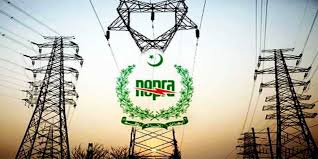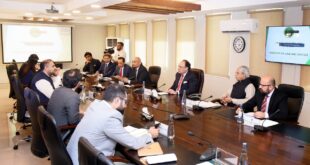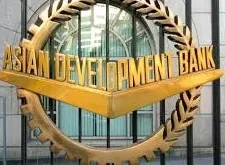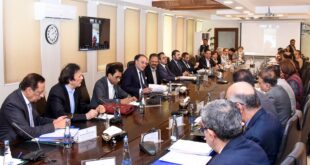
The officials of the National Electric Power Regulatory Authority (NEPRA) have revealed that the imposition of fixed charges on consumers aims to cover capacity payments, which currently stand at an annual figure of Rs 2 trillion.
In a meeting of the National Assembly’s Standing Committee on Power, chaired by Muhammad Idrees, committee member Malik Anwar Taj remarked that they are paying between Rs 2 trillion and Rs 2.5 trillion annually for capacity payments.
He further suggested that if these capacity payments have to be made, then electricity should be acquired from independent power producers (IPPs) and provided free to the public. He noted that load-shedding continues while development schemes in his constituency have been stalled for two and a half years.
NEPRA officials informed the committee that the purpose of imposing fixed charges on consumers is to cover capacity payments, which currently amount to Rs 2 trillion annually.
Federal Minister Awais Leghari briefed the committee, stating that four meetings have been held with the Chief Minister of Khyber Pakhtunkhwa. He said that, as per the chief minister’s request, electricity was left uninterrupted on feeders with the highest theft rates. An agreement was reached for this, and the details of the agreement would be handed over to the committee chairman today.
He explained that the condition was that electricity would first be provided without interruptions, and then illegal electricity connections (kundas) would be removed by the public. However, the administration did not assist in removing these illegal connections, leading to an additional loss of Rs 6 billion. He also noted that electricity is available for two hours on several feeders, emphasizing that there is no discriminatory treatment against Khyber Pakhtunkhwa.
The federal minister further stated that the boards of eight government-owned electricity distribution companies have been changed. Significant savings have been achieved in the country within five months. He indicated plans for an in-camera discussion regarding the boards of SEPCO and HESCO.
He added that he would not discuss board changes outside of an in-camera session and suggested conducting the meeting in-camera to provide the briefing. The committee chairman remarked that an in-camera session cannot be held at this time, as there is a procedure for such matters. A meeting for this purpose will be held on Monday.
Committee member Mustafa Kamal raised concerns about the disconnection of captive power plants (CPPs). He questioned whether disconnecting CPPs would make any significant financial difference and when the reduction of Rs 11 per unit in electricity prices would benefit residential consumers.
The Secretary for Power stated that there is an agreement with the International Monetary Fund (IMF) regarding captive power plants. A decision by the Cabinet in 2021 requires CPPs to be integrated into the national grid. A final decision on whether their gas supply will be cut off is expected after January 31.
He added that no progress has been made on this issue so far. It will only be clear how much electricity costs will decrease and how much the grid will benefit once CPPs are connected to the grid. The IMF believes that if 80% of the industry is already on the national grid, there is no reason for CPPs not to be included as well.
Committee members Shehryar, Sher Ali Arbab, and Junaid Akhtar staged a walkout, stating that if the administration does not cooperate with the members, they would walk out. They later left the committee meeting.
Meanwhile, the committee expressed grave concern over the hefty electricity billing and directed that the Ministry of Energy (Power Division) and NEPRA should take effective measures to reduce electricity rates and avoid imposing additional taxes under various heads to ease the financial burden on consumers. The committee decided to invite the Chairman of NEPRA to the next meeting for a comprehensive briefing on the issue.
The committee also directed the Ministry of Energy (Power Division) to engage the services of parliamentarians in conducting surveys within their constituencies to curb electricity theft and prevent unnecessary load-shedding in their respective areas.
The committee appreciated the Ministry of Energy’s efforts in saving substantial amounts for the government by renegotiating contracts with Independent Power Producers (IPPs). However, the committee directed the ministry to take stringent measures to ensure that the benefits of these efforts are passed on to electricity consumers.
Earlier, the Minister for Energy briefly informed the committee that the current government is fully committed to reducing the financial burden of electricity on consumers and that electricity prices are being gradually decreased.
He mentioned that approximately 70% of tube wells have been converted to solar power, and the electricity rates for the industrial sector have been reduced. He assured the committee that all constructive suggestions from the committee would be welcomed and incorporated into policymaking to benefit electricity consumers.
 BeNewz
BeNewz




